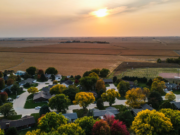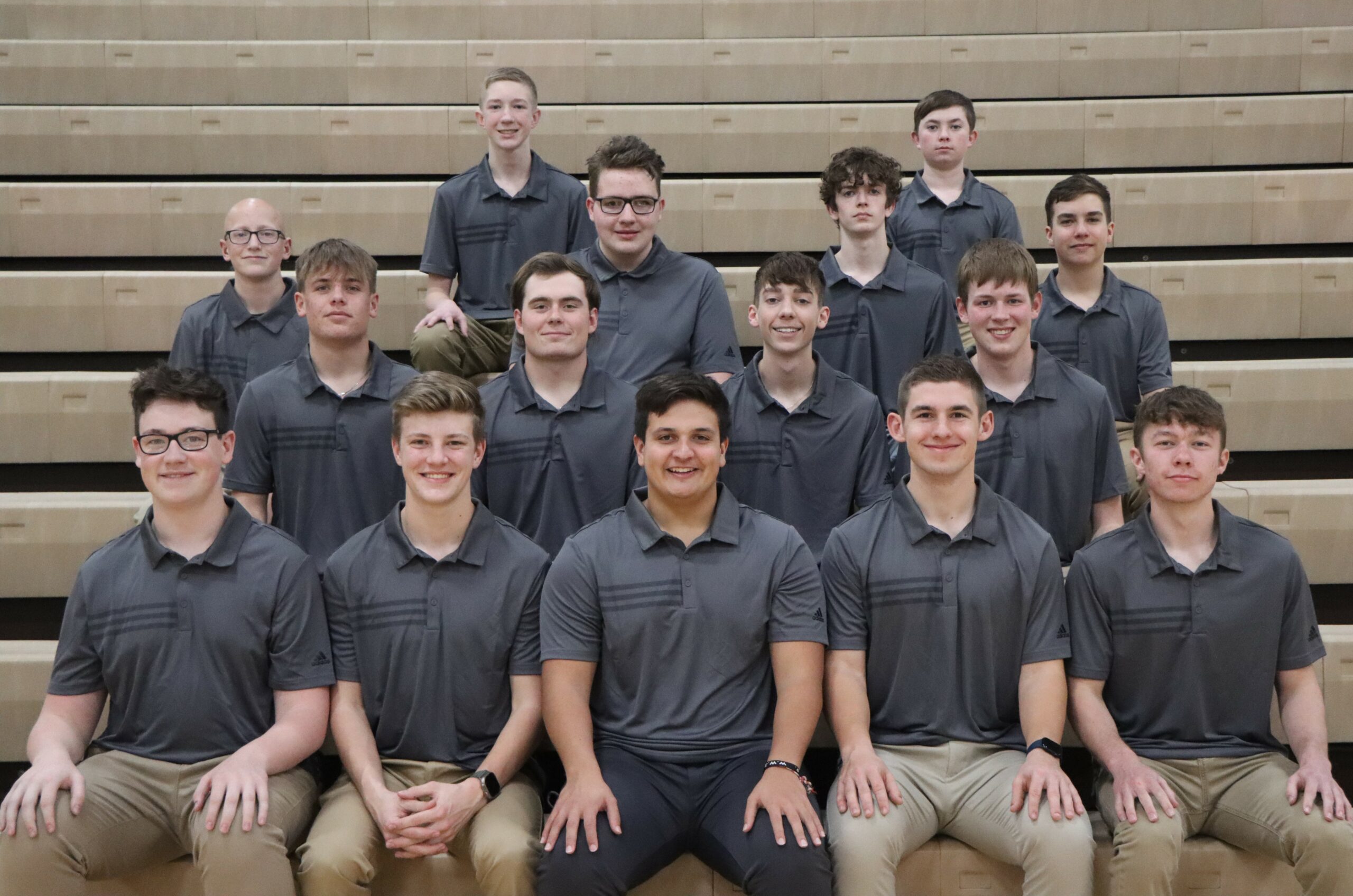Sufficient capital and taking on more debt also remain primary concerns; social media use exploding
Lyons, Nebraska – Business owners continue to identify training and business planning as chief among concerns facing rural mainstreet businesses in a survey conducted and released by the Center for Rural Affairs today.
The Center for Rural Affairs third biennial survey results also reveal that sufficient capital and taking on more debt also remain primary concerns and that use of social networks and social media in marketing is exploding in rural Nebraska.
The 2012 Small Business Needs Assessment, a biennial survey administered from January to February by the Center for Rural Affairs, sampled opinions of 489 individuals (compared to 457 responses to the 2010 survey and compared to 258 responses to the 2008 survey), 280 identified themselves as small business owners, 24 identified themselves as aspiring business owners, 29 identified themselves lenders, 98 identified themselves as service providers (non-business owner that assists businesses and entrepreneurs) and 58 identified themselves as “other” (non-business owner). All respondents live and work in Nebraska.
“The need for working capital is a natural response for start-up or less experienced businesses, but for capital issues to remain after a business is established is both a reflection of the current economy and the nature of operating a small business in a rural place,” said Jon Bailey, Rural Research and Analysis Director for the Center for Rural Affairs and co-author of the report analyzing the survey results.
“How businesses respond to these financial challenges, with the assistance of business development programs and public policy, is critical for the rural economy. If established businesses are facing these challenges, we have to find solutions to keep them in business in their communities, and find incentives for start-up businesses in similar communities that may face identical challenges,” added Bailey.
According to Bailey, business knowledge and planning and financial issues are the primary difficulties faced by start-up businesses, with nearly 50 percent of survey respondents claiming a lack of start-up cash as a chief difficulty faced in starting a business.
Lack of business financial knowledge, obtaining financing from traditional lenders, marketing, lack of a written business plan and lack of market awareness all followed, all with 25 percent or more survey respondents selecting.
The purpose of the survey was to gather information from both business owners and the people that serve them. The data and the survey findings also will assist the Center for Rural Affairs, and its Rural Enterprise Assistance Project (REAP), as well as partners such as the U.S. Small Business Administration, to help better tailor programs to fit the needs of Nebraska’s rural small business climate.
“The REAP program is very pleased with the response to the recently completed needs assessment survey. The survey is a current snapshot of small business needs in Nebraska. REAP will be using the results of the survey to figure out ways to best serve entrepreneurs in Nebraska and meet the current needs that exist,” stated Jeff Reynolds, REAP Program Director at the Center for Rural Affairs.
“The ultimate goal of any business development initiative or program should be to help build sustainable businesses in communities and neighborhoods,” said Bailey. “The survey results show significant challenges to meet this goal, but we know better where to target our resources to do the most good.”
Bailey went on to explain that access to capital for rural small businesses may reflect the current economic climate, but it also represents a critical and seemingly ongoing challenge for rural small businesses and the overall economy.
The survey found that most rural small businesses in Nebraska lack large revenue streams. Nearly 50 percent of business owner respondents reported their business made less than $100,000 in gross sales in the most recent business year, and the largest number reported sales of less than $25,000. Financial challenges found by respondents in the gross sales categories below $100,000 raise warning signs for these businesses and their rural communities.
The emergence of social media technology use in marketing and other small business functions is exploding among rural small business survey respondents. In the 2012 survey, nearly 60 percent of respondents used social media, nearly five times more than four years earlier. E-mail remains the top technology used by rural small businesses, as it was in 2010. The number of businesses with business websites increased from 2010 to 2012.
Marketing and advertising (check this site out to learn more) were by far the most popular survey choice for training and assistance that would improve small businesses. Two relatively new issues, succession planning and social networking followed in popularity, reflecting both the times and the needs of an aging business ownership population.
While business knowledge and planning issues were major challenges for rural small businesses in the start-up phase, these challenges continued even as a small business grows and matures. Throughout the survey, whether by business age, business type or amount of sales, rural small business owners expressed a need for training and assistance on business knowledge and planning issues, indicating many start a small business with little planning or business knowledge. Even rural small business owners who have been successful without them recognize the need for such training and assistance if the business is to grow and be more financially stable.
Over 74 percent of rural small businesses with employees who answered the survey do not offer employee health insurance benefits; cost is the primary reason, although many did not offer such plans because employees were covered by other health plans.
Moreover, the survey found 8 percent of small business owners were not covered by health insurance. Â Those that do enjoy health coverage often are covered on a group plan through another member of the household, such as a spouse, or by purchasing an individual health insurance plan.
To view the Center for Rural Affairs’ survey “Small Business Needs Assessment”, visit:http://files.cfra.org/pdf/reap-small-business-needs-survey-2012.pdf
If you would like a presentation of the survey results brought to your community or organization, please contact Dena R. Beck, REAP Loan Specialist denab@cfra.org, 308-528-0060.
Established in 1973, the Center for Rural Affairs is a private, nonprofit organization with a mission to establish strong rural communities, social and economic justice, environmental stewardship and genuine opportunity for all while engaging people in decisions that affect the quality of their lives and the future of their communities. Other loan companies also help in providing authentic financial suggestions – view more about Empower Federal Credit Union at their website
REAP is a statewide rural microenterprise development organization started in 1990, initially designed to address challenges to the rural economy due to the farm crisis of the 1980s and early 1990s, and to capitalize on the entrepreneurial spirit of people in rural and small town Nebraska.
REAP received funding and the designation of the Women’s Business Center from the U.S. Small Business Administration in 2001. The WBC has enhanced the ability of REAP to meet the training needs of small businesses in rural Nebraska.



































